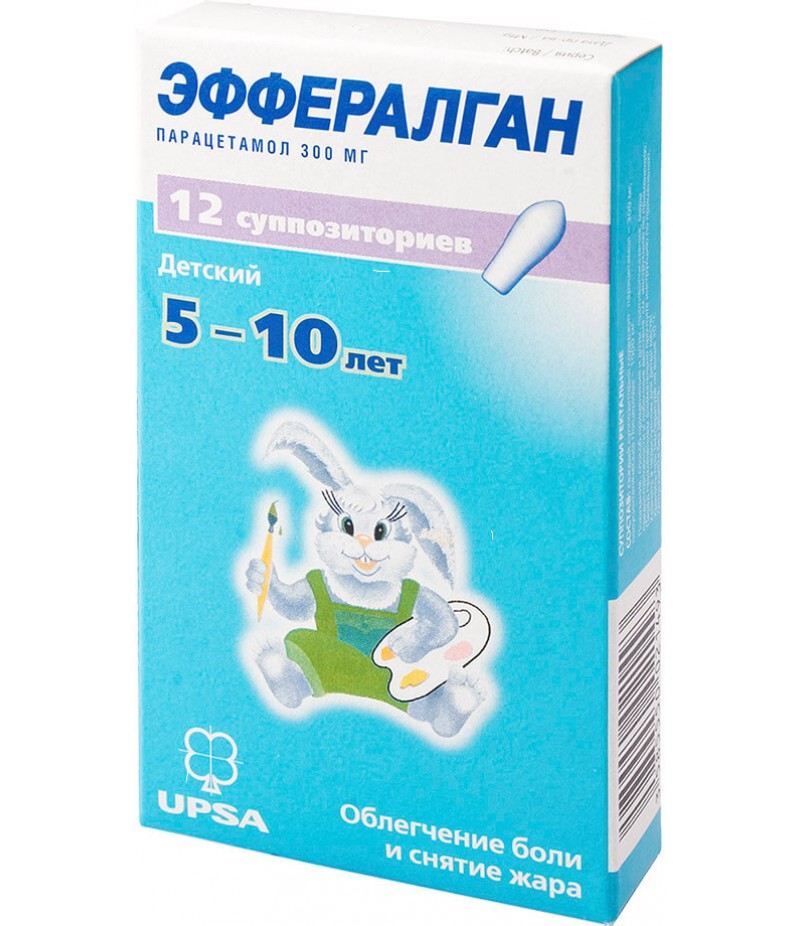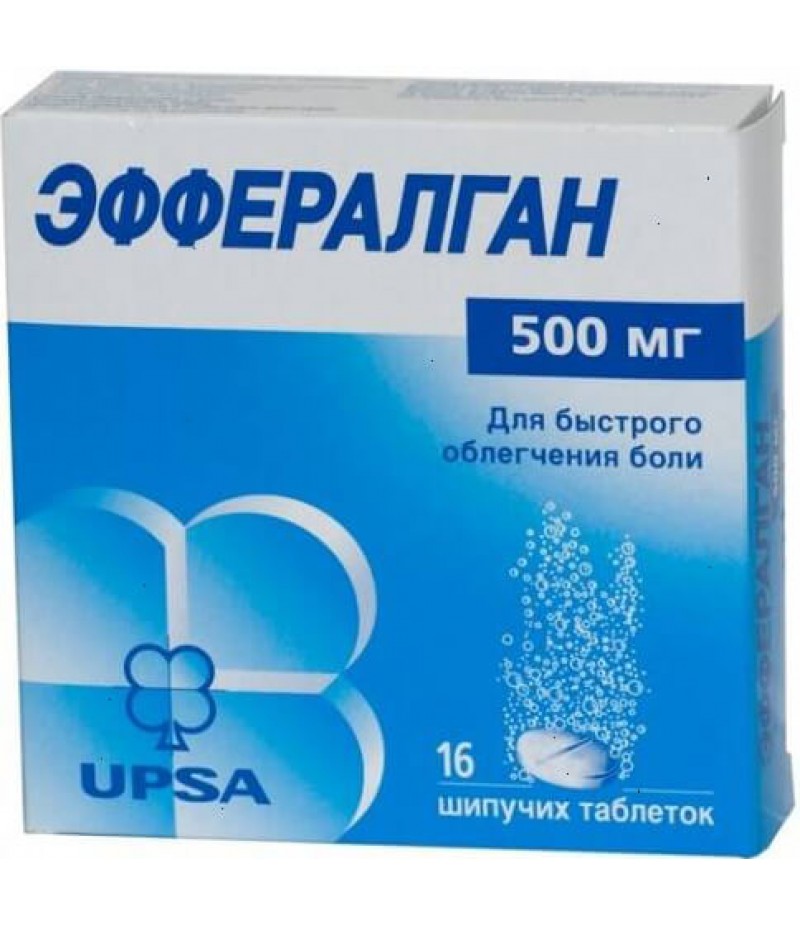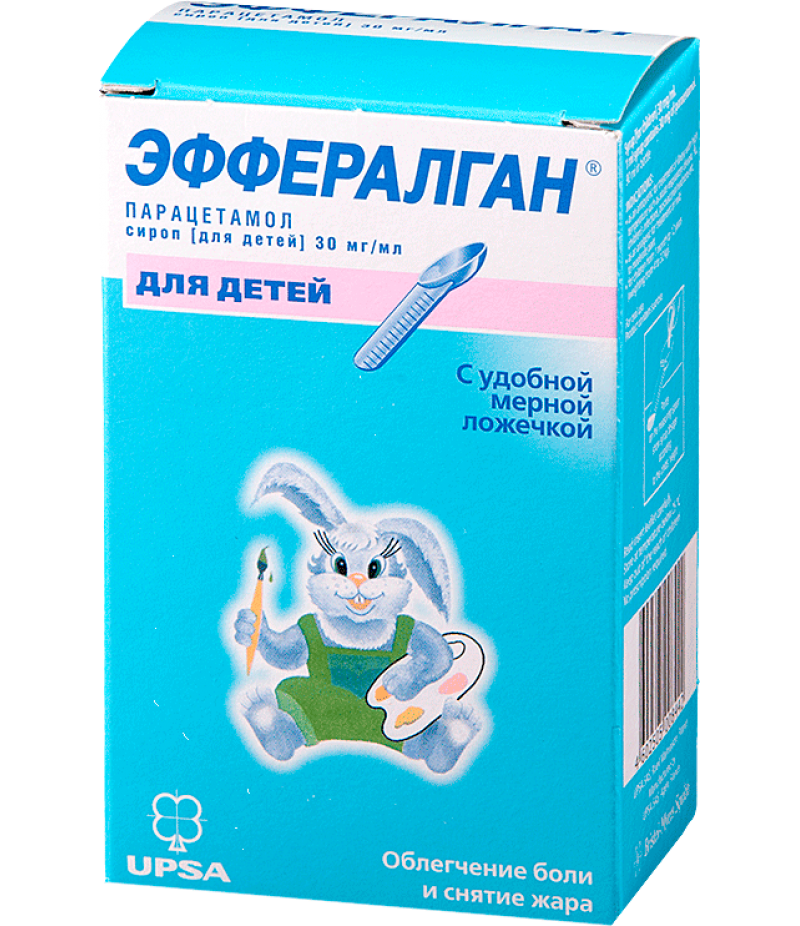Efferalgan supp 300mg #12
- $9.55
- 3 or more $9.39
- Availability:In Stock
Efferalgan suppositories instructionYou can buy Efferalgan suppositories hereIndications as an antipyretic agent for acute respiratory infections, influenza, childhood infections, post-vaccination reactions and o..
Tags: supp
Efferalgan suppositories instruction
You can buy Efferalgan suppositories here
Indications
as an antipyretic agent for acute respiratory infections, influenza, childhood infections, post-vaccination reactions and other infectious and inflammatory diseases accompanied by fever;
as an anesthetic for pain syndrome of mild or moderate intensity (including headache and toothache, muscle pain, neuralgia, pain in trauma and burns).
Contraindications for Efferalgan suppositories
hypersensitivity to paracetamol;
severe violations of the liver, kidneys;
blood diseases;
deficiency of the enzyme glucose-6-phosphate dehydrogenase;
age up to 1 month (for syrup), up to 3 months (for suppositories of 80 mg);
recent inflammation or bleeding in the rectum (contraindication associated with the route of administration - for suppositories).
Carefully:
with impaired liver or kidney function in Gilbert's syndrome. Before taking it, you should consult your doctor;
if the renal function is impaired (Cl creatinine less than 10 ml / min), the time interval between Efferalgan's preparations as a syrup should be at least 8 hours;
Do not use Efferalgan in the form of suppositories for diarrhea (diarrhea).
Application in pregnancy and lactation
Efferalgan suppositories should be used with caution in pregnancy and during breastfeeding.
special instructions for Efferalgan suppositories
When using Efferalgan suppositories for more than 5-7 days, it is necessary to monitor the pattern of peripheral blood and the functional state of the liver.
Paracetamol distorts the results of laboratory studies of glucose and uric acid in the blood plasma.
Composition
1 suppository contains:
Active substance: paracetamol 300 mg;
Excipients: semisynthetic glycerides - up to 1 g
Dosing and Administration
Rectally. After releasing the candle from the package, enter the child's anus (preferably after a cleansing enema or spontaneous bowel movement).
The average single dose of Efferalgan suppositories depends on the weight of the child and is 10-15 mg / kg 3-4 times a day. The maximum daily dose should not exceed 60 mg / kg.
Children from 3 to 5 months (with a body weight of 6-8 kg) - 1 candle (80 mg); 6 months - 3 years (with a body weight of 10-14 kg) - 1 candle (150 mg); 5-10 years (with a body weight of 20-30 kg) - 1 candle (300 mg) 3 times a day 4-6 hours. Do not apply more than 4 candles per day.
Duration of treatment - 3 days as an antipyretic and up to 5 days as an analgesic.
When using Efferalgan suppositories for more than a week, control over the functional state of the liver and the picture of peripheral blood is necessary.
Side effects of Efferalgan suppositories
In rare cases, nausea, vomiting, allergic reactions (skin rash, itching, hives, Quincke's edema), irritation of the rectal mucosa, tenesmus are possible; extremely rare - anemia, thrombocytopenia, methemoglobinemia, leukopenia, neutropenia.
With prolonged use in large doses, hepatotoxic and nephrotoxic effects are possible.
Drug Interactions
When using Efferalgan suppositories together with barbiturates, tricyclic antidepressants, anticonvulsants (phenytoin), flumecinol, phenylbutazone, rifampicin and ethanol, the risk of hepatotoxic action is significantly increased.
Admission together with salicylates significantly increases the risk of nephrotoxic action.
Salicylamide can prolong T1 / 2 paracetamol.
With the simultaneous use with chloramphenicol, the toxicity of the latter increases.
Probenecid leads to a nearly two-fold decrease in paracetamol clearance due to inhibition of binding to glucuronic acid.
Paracetamol, contained in Efferalgan suppositories, enhances the effect of anticoagulants of indirect action and reduces the effectiveness of uricosuric drugs.
Paracetamol can affect the results of laboratory tests in determining the content of uric acid and glucose in the blood.
Paracetamol reduces the effectiveness of uricosuric drugs.
Overdose
Symptoms: signs of acute paracetamol poisoning include nausea, vomiting, anorexia, pain in the epigastric region, sweating, paleness of the skin, appearing in the first 24 hours after ingestion. Paracetamol administration in a dose of 140 mg / kg in children causes destruction of liver cells leading to complete and irreversible hepatonecrosis, liver failure, metabolic acidosis, encephalopathy, which in turn can lead to coma and death.
After 12-48 h after administration, an increase in the level of liver transaminases, lactate dehydrogenase and bilirubin can occur with a simultaneous decrease in the level of prothrombin. The clinical picture of liver damage usually appears after 1 or 2 days and reaches a maximum after 3-4 days.
Treatment: stop taking the drug, immediately hospitalize the patient. It is necessary to take blood samples for the initial determination of the level of paracetamol in the blood plasma. Gastric lavage is performed in the case of oral administration of Efferalgan suppositories, taking enterosorbents (activated charcoal, lignin hydrolyzed), administering the antidote of acetylcysteine (iv or oral) within 10 hours after taking the drug. Acetylcysteine can be effective 16 hours after an overdose. Also carry out symptomatic treatment.
Storage conditions
At a temperature not exceeding 30 ° C.
Shelf life - 3 years
Terms of sell
To buy Efferalgan suppositories you don't need a prescription.



